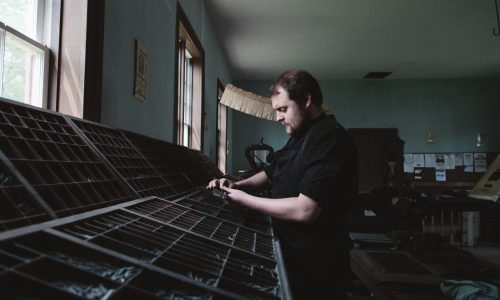-
Opening
May 21Our 2024 season begins May 21! Please note that until then, the village portion of the museum is closed to public access. For special inquiries or rentals, please contact the museum at experience@langpioneervillage.ca.
-
Aabamnigaan:
Looking AheadDiscover the story of Nogojiwanong, now known as Peterborough County, from the 1800s and into the present.
Welcome to Lang Pioneer Village Museum
At Lang Pioneer Village Museum, Peterborough County’s history is brought to life as costumed interpreters welcome you into over 30 homes and businesses located in the picturesque village. Representing a full century in time, the Village will not only take you back in time, but also through time. Costumed interpreters show the settler story of hardship and hope as they demonstrate traditional chores, trades and pastimes. Learn about the history and culture of local First Nations at Aabnaabin Camp and the Aabnaabin: Looking Back to Where We Come From exhibit, a partnership with Curve Lake and Hiawatha First Nation where the impacts of settlement on those who were here first are shared. Explore a working Grist Mill from 1846; discover the early technology which led to the development of the computer at the Weaver Shop, hear the sounds of history all around you – the hammer striking the anvil in the Blacksmith Shop, the ringing of the school bell, the bleating of heritage sheep, the creak of the woodstove opening and so much more. We invite you to come visit us today. It’s where history is happening!
Land Use Agreement
We respectfully acknowledge that Lang Pioneer Village Museum is located on the Treaty 20 Michi Saagiig territory and in the traditional territory of the Michi Saagiig and Chippewa Nations, collectively known as the Williams Treaties First Nations, which include: Curve Lake, Hiawatha, Alderville, Scugog Island, Rama, Beausoleil and Georgina Island First Nations.
Lang Pioneer Village Museum respectfully acknowledges that the Williams Treaties First Nations are the stewards and caretakers of these lands and waters in perpetuity, and that they continue to maintain this responsibility to ensure their health and integrity for generations to come.
Special Events

Print Shop
The printer was the voice of the community and one of the few well-educated people in the village. His apprenticeship could take seven years but he would be an expert at the process of setting type by hand by the end of that time. The printer printed handbills announcing sales, public notices of election, notices of various community events and published a weekly newspaper that offered local news, advertisements, and announcements, with some news of national and international events.


